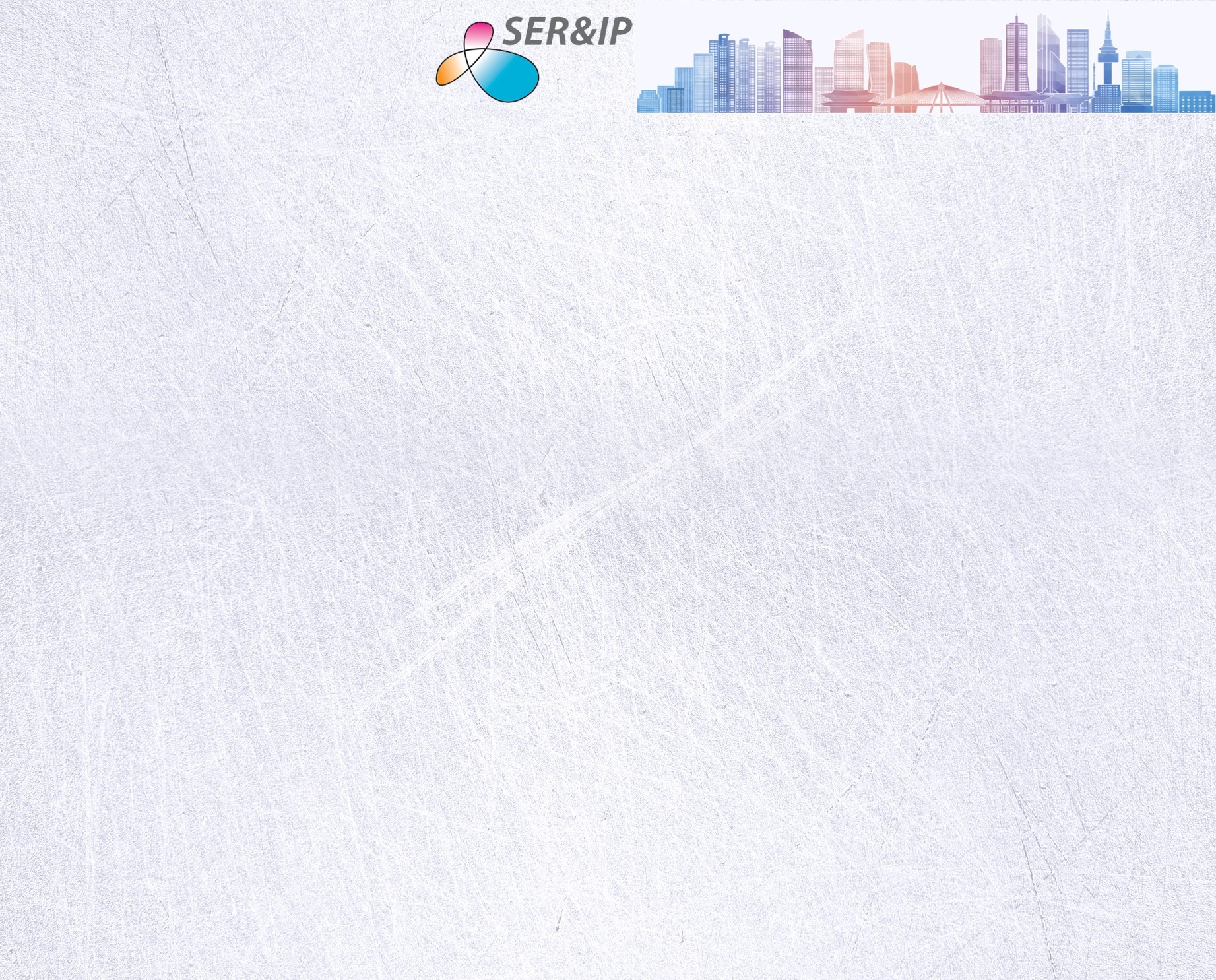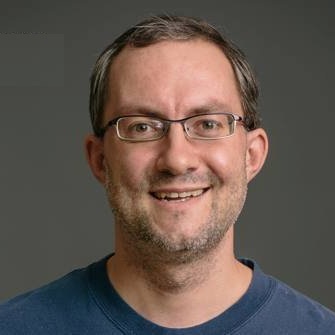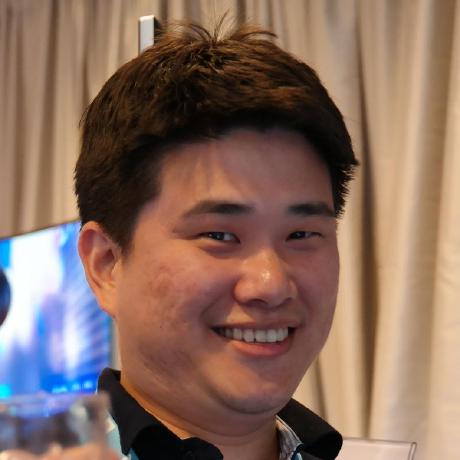
| 09:00-09:05 | Opening | |
| 09:05-09:25 | Centralized Generic Interfaces in Hardware/Software Co-design for AI Accelerators, Dongju Chae and Parichay Kapoor | |
| 09:25-09:45 | Applying probabilistic models to C++ code on an industrial scale, Andrey Shedko, Ilya Palachev, Andrey Kvochko, Aleksandr Semenov and Kwangwon Sun | |
| 09:45-10:05 | Generating Real-World Impact from Academic Research: A University Impact Hub, Claire Ingram, Jennifer Chubb, Claire Boardman and Marian Ursu | |
| 10:05-10:25 | Creation of an Wearable Startup: From a Laboratory Incubator to a Revenue Generating Business, Sagar Sen | |
| 10:25-10:45 | Automated Software Quality Monitoring in Research Collaboration Projects, Michael Sildatke, Hendrik Karwanni, Bodo Kraft, Oliver Schmidts and Albert Zündorf | |
| 10:45-11:05 | Towards a Topology for Legacy System Migration, Stefan Strobl, Mario Bernhart and Thomas Grechenig | |
| 11:05 | Closing |
The aim of the workshop is to bring together researchers and practitioners to discuss the current state of Software Engineering (SE) research and Industrial Practice (IP), and advance collaboration to reduce the gap between research and practice.
Researchers can be unaware of real problems and constraints in practice, whereas practitioners may find themselves unable to adopt existing useful research. Practitioners are often reluctant or even prevented from sharing industry information due to confidentiality and legal constraints. Practitioners often feel that researchers work on dated or futuristic theoretical challenges which are divorced from today’s industrial practice. Researchers believe that practitioners are looking for quick fixes instead of using systematic methods. Practitioners have a view that case studies in research do not adequately represent the complexities of real projects and often dismiss results outright when students are used as test subjects in research. Researchers expect good work to take a few years to generate good publications which may affect a specific domain in an incremental manner. Practitioners expect a quick solution which must pay off in the short term. Researchers are more interested in proposing new techniques and tools. Practitioners would appreciate systematic evaluation and comparison of existing techniques and tools in real-world settings. Researchers and practitioners need to overlap research and practice to build trust in their partnership. This workshop is a platform to discuss and address such challenges.
The SER&IP 2020 theme is The implications of resurgence in Artificial Intelligence (AI) for research collaborations in Software Engineering (SE).
Nowadays there is a surging demand for AI expertise. Industry produces massive datasets for training AI models, which are not easily available in academia. Academia creates advances in AI supporting innovative SE solutions, primarily through theoretical and experimental work, typically not carried out in industry. Therefore, we believe that academia and industry must build a symbiotic relationship, sharing resources and talents, to realize successful collaborative research in AI for SE, and SE for AI. SER&IP 2020 aims to be a platform for effective sharing of knowledge and experience on building such evolved industry-academia relationships.
Paper and talk proposal submission (Extended):
February 1, 2020 January 22, 2020
Researchers and practitioners are especially encouraged to submit papers and talk proposals on the SER&IP special theme.
Submissions on other topics of interest addressing industry-academia collaboration are also welcome. Such topics of interest include, but are not limited to:
SER&IP 2020 is soliciting regular and short papers as well as talk proposals. Regular papers should not exceed 8 pages, short papers should not exceed 4 pages and talk proposals should not exceed two-page extended abstract. Papers and abstracts must follow the ACM formatting instructions. Please submit the papers in PDF format on EasyChair.
Papers and talk proposals should be original and unpublished material describing innovative and mature research results, experience reports, case studies, challenges, problems and solutions, ongoing work, new ideas, new results and future trends. All submissions will be reviewed by three program committee members. The program committee will review all submissions for relevance, potential to trigger discussions at the workshop, lessons learned, quality of presentation, and novelty.
The accepted workshop papers, both regular and short, and two page extended abstracts will be published in the ICSE 2020 workshop proceedings in the ACM Digital Library. Authors of accepted papers and talks are required to register and present the paper at the workshop for the paper and or extended abstract to be included in the proceedings. The official publication date of the workshop proceedings is the date the proceedings are made available in the ACM Digital Library. This date may be up to two weeks prior to the first day of ICSE 2020. The official publication date affects the deadline for any patent filings related to published work.

Simula Research Laboratory, Norway

Microsoft Research, USA

Samsung Research, Korea

Malina Software Corp., Canada
Google, Switzerland
IBM, Israel
Compass, USA
Huawei Research Dresden, Germany
University of Toronto, USA
Tata Consultancy Services Research, India
Chalmers and the University of Gothenburg, Sweden
Microsoft, USA
Pohang University of Science and Technology, South Korea
SEC/IPA, Japan
Singapore Management University, Singapore
Politecnico di Milano, Italy
Simula Research Laboratory, Norway
University of Central Lancashire, UK
University of Skövde, Sweden
University of Stellenbosch, South Africa
University of Lille, France
Lund University, Sweden




 SER&IP 2020
SER&IP 2020